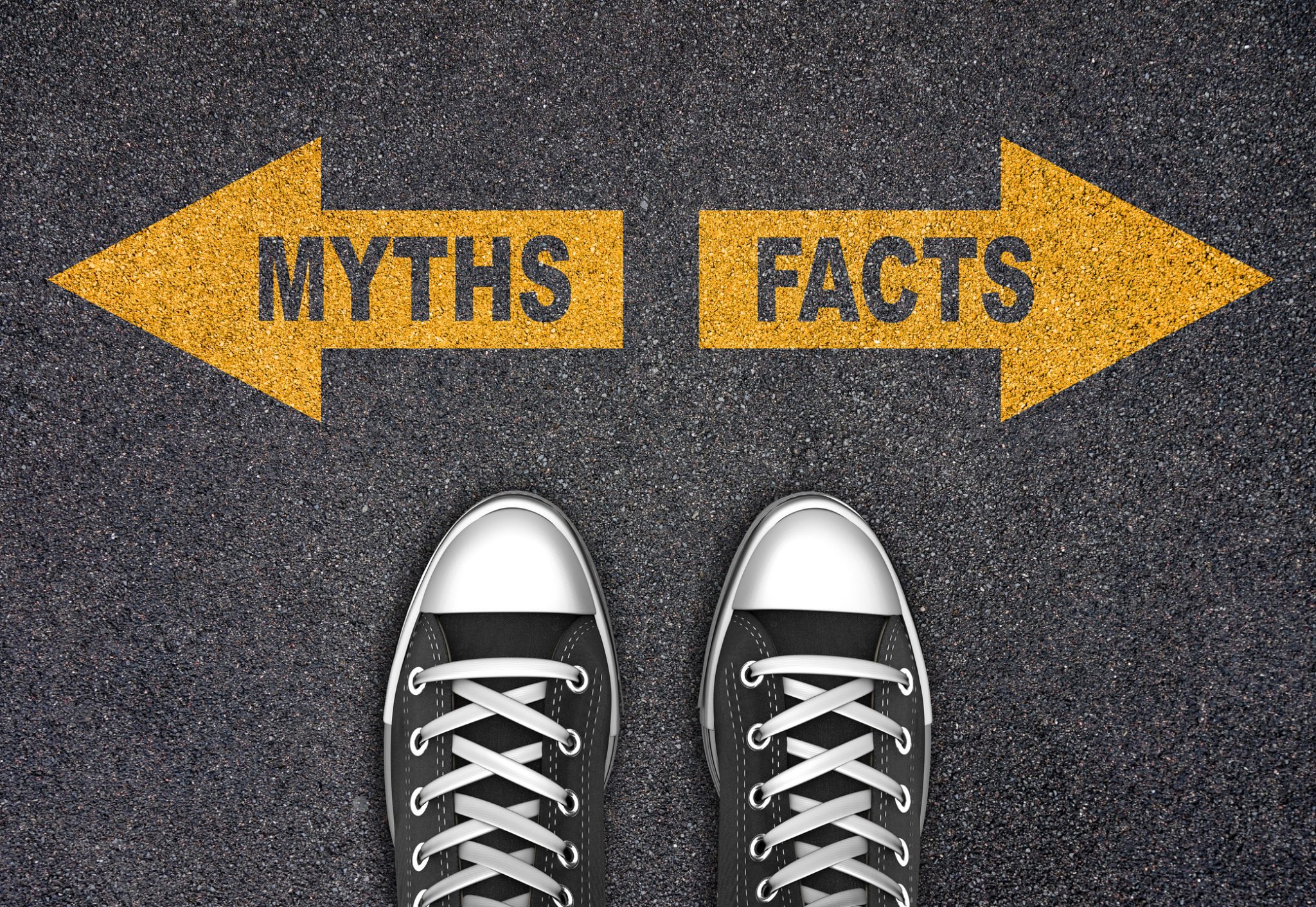By: Lakshmi Mahadevan, Ph.D.
According to the Centers for Disease Control, in 2018, an estimated 17.4 million (32.9%) adults with disabilities experienced frequent mental distress, defined as 14 or more reported mentally unhealthy days in the past 30 days. Frequent mental distress is also associated with poor health behaviors, increased use of health services, mental disorders, chronic disease, and limitations in daily life. Often, help-seeking behaviors, crisis prevention and likelihood of recovery can be adversely impacted by myths regarding mental health needs of individuals with disabilities. Let’s examine and debunk some of these myths.
Debunking Common Myths & Facts
Myth: Signs and symptoms related to poor mental health are likely to be considered a disability-related symptom and therefore not manageable or treatable.
Fact: It is possible for individuals with disabilities to present with mental health concerns and/or illness. A recent study found that adults with disabilities report experiencing more mental distress than those without disabilities (Cree, Okoro, Zack & Carbone E, 2020). Signs and symptoms related to mental health challenges may emerge over time and in response to stressors, thus it is unlikely that they are only a result of a disability diagnosis.
Myth: Individuals with disabilities are unable to articulate or describe their mental health concerns in a meaningful way and talking about mental health concerns may make an individual with disability feel more vulnerable or a burden.
Fact: Most adult individuals with disabilities are willing to self-disclose and/or advocate for their health and would appreciate opportunities to converse safely about their mental health experiences.
Myth: Mental health services or therapy may not work well with other forms of treatment or physical therapy that may be in place for individuals with disabilities.
Fact: Advanced practitioners will consider the individuals with disabilities’ special needs, medical profile and communication abilities when devising a treatment plan.















